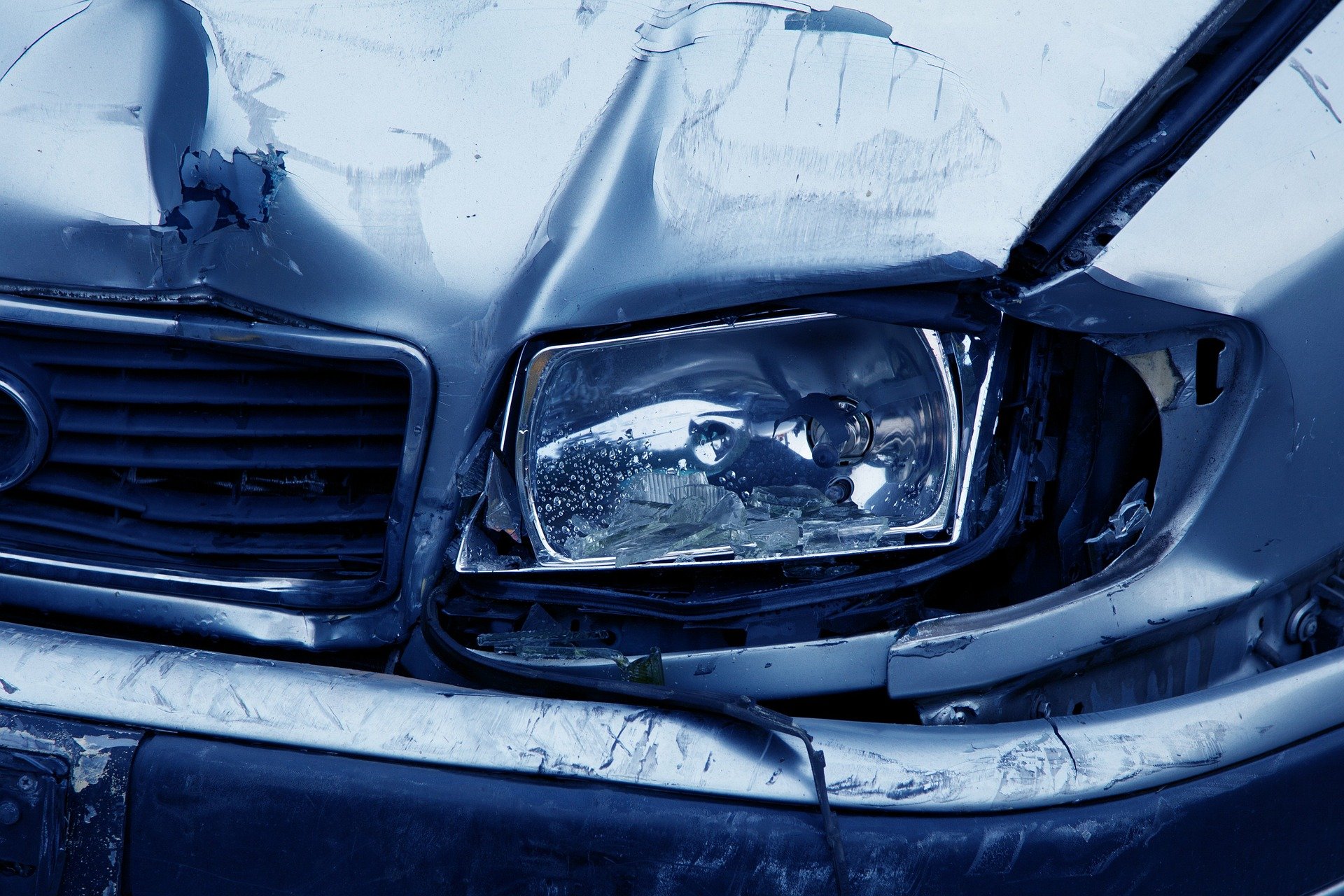Clare Egan, Head of Motor Product at Admiral, said: “Although lockdown restrictions
across the UK means there are often fewer cars on the road and less traffic and less
congestion than normal, accidents are still happening.
“In particular, rear-end shunts are all too common and account for nearly a quarter of all
accident claims we receive. As a percentage of all claims, rear-end shunts are actually
higher now than any time in the last twelve months suggesting many people are still driving too closely to the car in front, despite potentially quieter roads.
“Recent efforts by Highways England and the police to clamp down on tailgating saw 10,000 vehicles caught tailgating in the first two weeks of new cameras being tested, and we’d urge motorists to always keep the safe braking distance from the vehicle in front, regardless of how many other cars are on the road. Not only will this help keep drivers safe, but also their passengers, other drivers, and road users too.
“Whether you’re on a busy road, stuck in congestion and driving slowly, or on a quieter road
or dual carriageway and driving faster, the consequences of tailgating and hitting the car in
the front can be devastating. Even on long-distance journeys, it can be very easy to slip into bad habits so it’s important to pay attention to the gap you’re leaving, as you could be tailgating without even realizing.

“Motorists can be prosecuted for tailgating as it could be considered as driving without due
care and attention, or without reasonable consideration for other persons using the road. As
well as receiving a fine and points on your license, it could have an impact on your car
insurance premium. In October 2020, new Admiral customers with a conviction for driving
without due care and attention saw an average increase in their premium of around 54%.
“As we head into the winter months, bad weather and poor visibility make the stopping
distance more important than ever. You should always leave plenty of space between you
and the car in front, to give yourself time to react to the road and stop safely. If in doubt,
leave yourself more time for your journey so you’re not tempted to tailgate.”